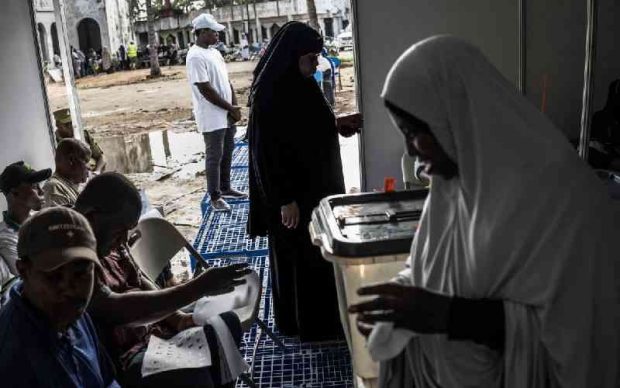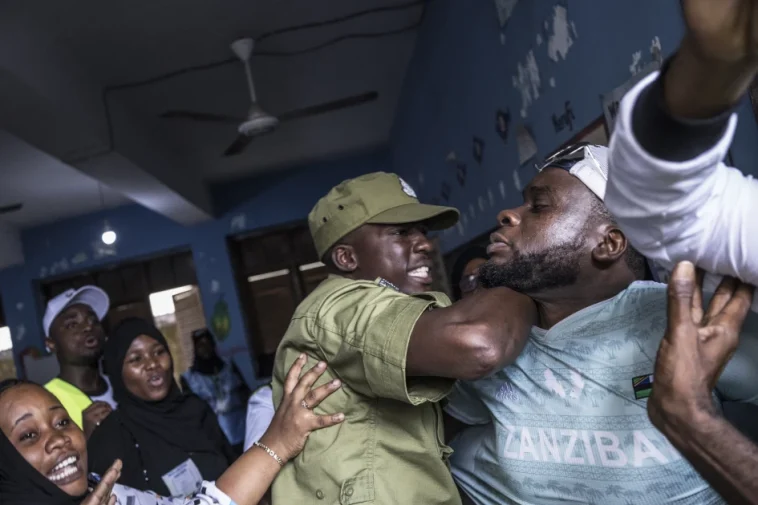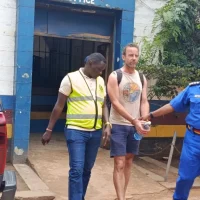Voter turnout in Dar es Salaam, Tanzania’s largest city, was strikingly low on Wednesday as citizens stayed away from polling stations amid tight security, fear of violence, and the absence of key opposition candidates. The tense atmosphere overshadowed an election seen as crucial for President Samia Suluhu Hassan, who is seeking to strengthen her control of the ruling Chama Cha Mapinduzi (CCM) party.

Across the city, polling centers stood almost empty, a stark contrast to previous elections when queues formed early. Tanks and heavily armed police lined major roads, warning that protests would not be tolerated. But the show of force may have discouraged voters instead. “We are trying to mobilize people from their homes to come and vote,” admitted a CCM official from Temeke district, speaking anonymously.
Some residents said fear kept them indoors. “I could not go out today because of fear of violence,” said Saada, a 40-year-old food vendor. Rights organizations say her fears are justified. Amnesty International condemned what it called a “wave of terror”, citing abductions, torture and extrajudicial killings targeting opposition figures. Human Rights Watch accused the government of silencing dissent, controlling the media and undermining electoral independence.
President Hassan, who took office in 2021 following John Magufuli’s death, faces little resistance. Her main challenger, Tundu Lissu, is on trial for treason and his party barred from participating, while Luhaga Mpina of ACT-Wazalendo was disqualified on technical grounds.
Meanwhile, even members of Hassan’s own party appear unsafe. Former CCM spokesman Humphrey Polepole went missing after criticizing her leadership, with his family later finding blood stains in his home. The Tanganyika Law Society reports 83 confirmed abductions since Samia assumed power, with 20 more in recent weeks.
Although Hassan has pledged infrastructure growth and universal health coverage, many fear Tanzania is drifting back toward repression. As one Dar es Salaam analyst warned, “We thought 2020 was an abnormality – now it feels like the new normal.”
Discover more from ULIZA LINKS NEWS
Subscribe to get the latest posts sent to your email.



